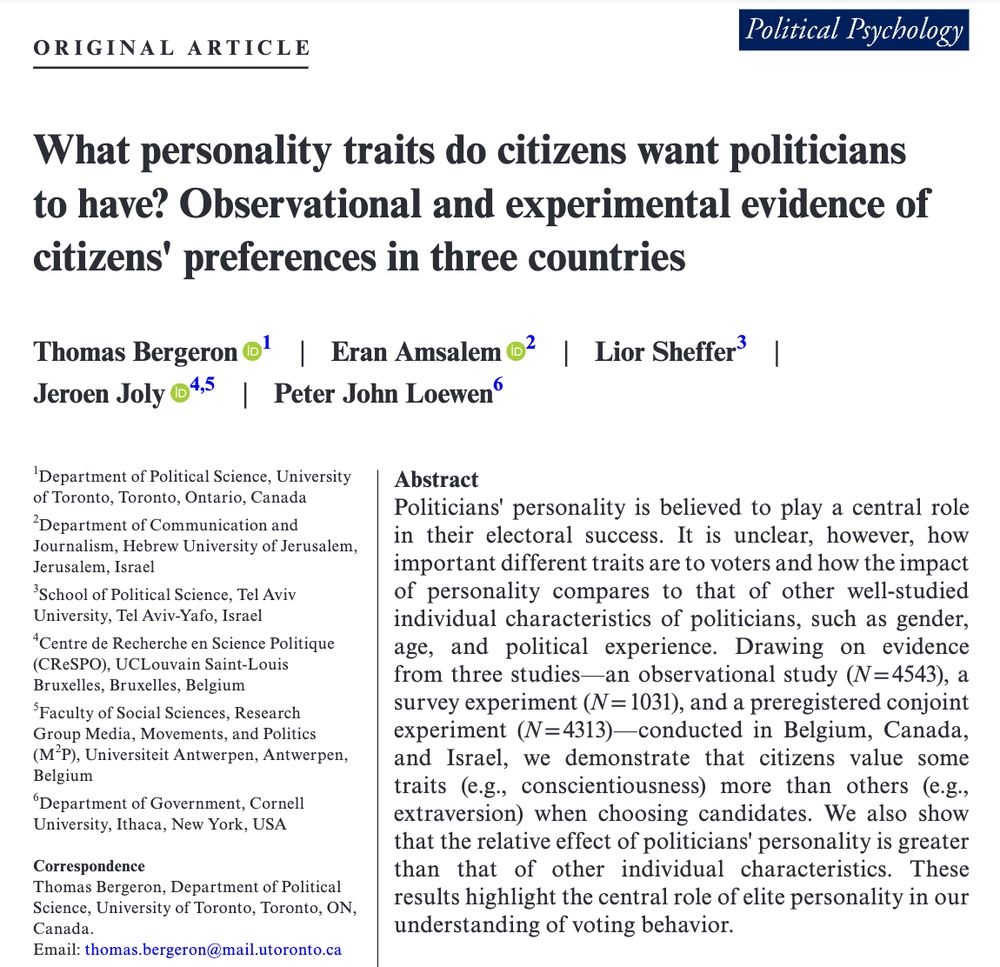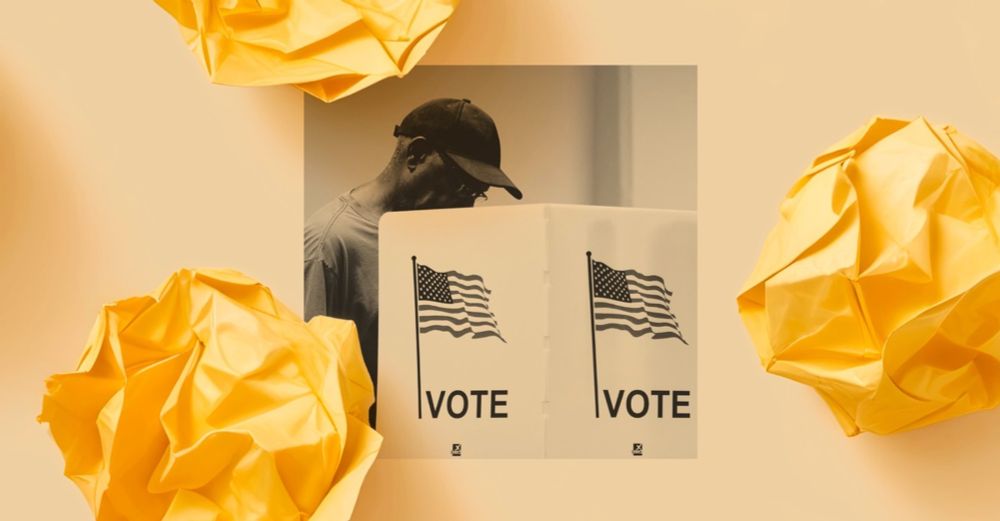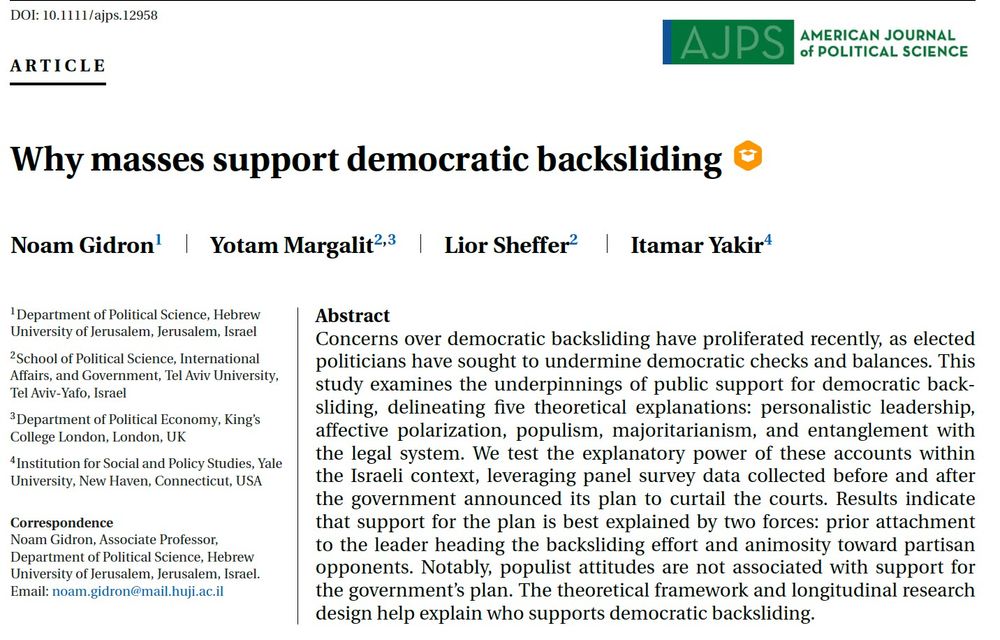Lior Sheffer
@liorsheffer.bsky.social
800 followers
600 following
36 posts
Political scientist at the Tel Aviv University. I study elite political behaviour.
https://sites.google.com/site/liorsheffer/
Posts
Media
Videos
Starter Packs
Lior Sheffer
@liorsheffer.bsky.social
· Jul 24

להסתכל במראה: הרעב בעזה הוא כתם מוסרי עלינו
כמעט 700 אלף עזתים סובלים ממחסור קטסטרופלי במזון. ההערכות הן שתושבים בצפון עזה צורכים בממוצע רק 245 קלוריות ביום, ולפי ארגון המזון העולמי ארבעה מכל חמישה אנשים בעולם שסובלים היום מרעב חמור נמצאים בעזה...
www.ynet.co.il
Lior Sheffer
@liorsheffer.bsky.social
· Jun 5
Reposted by Lior Sheffer
Reposted by Lior Sheffer
Reposted by Lior Sheffer
Lior Sheffer
@liorsheffer.bsky.social
· Feb 17
Lior Sheffer
@liorsheffer.bsky.social
· Feb 13
Reposted by Lior Sheffer
Reposted by Lior Sheffer
Lior Sheffer
@liorsheffer.bsky.social
· Nov 4
Lior Sheffer
@liorsheffer.bsky.social
· Nov 4
Lior Sheffer
@liorsheffer.bsky.social
· Nov 4
Reposted by Lior Sheffer
Jack Lucas
@jacklucas.bsky.social
· Oct 28

Pathways to Substantive Representation: Policy Congruence and Policy Knowledge Among Canadian Local Politicians - Political Behavior
In recent years, new data and methods have reinvigorated research on two central elements of elite political behavior: politicians’ congruence with and knowledge of citizens’ opinions. Here, we survey...
link.springer.com

















